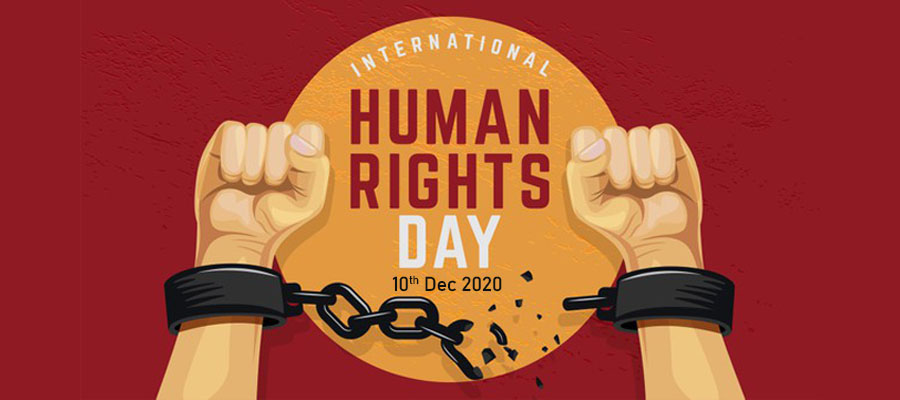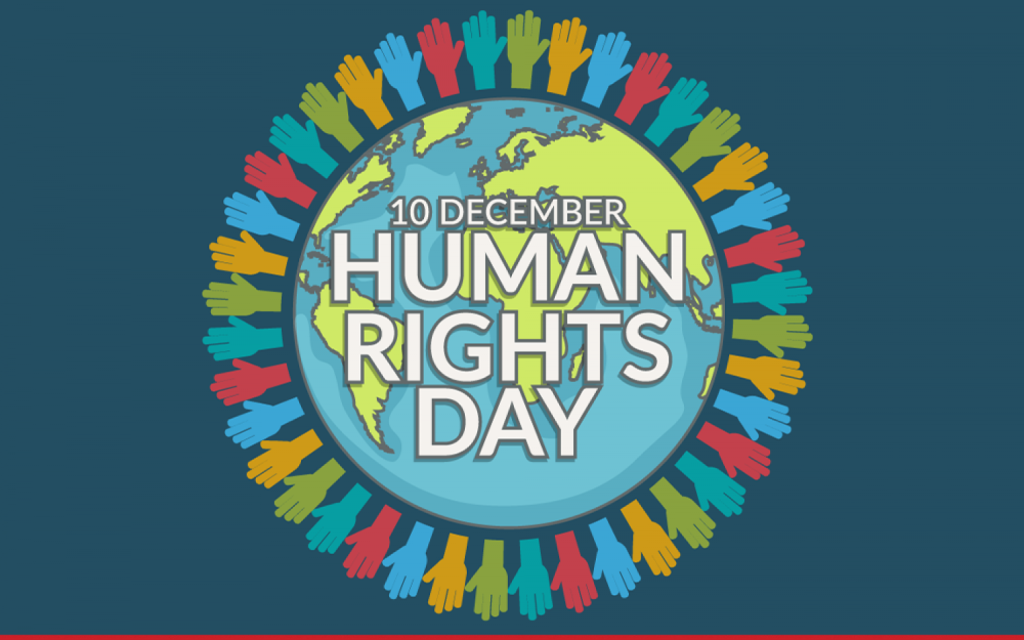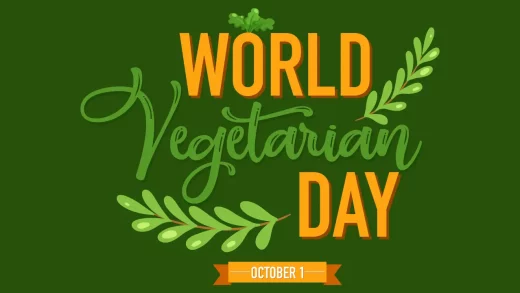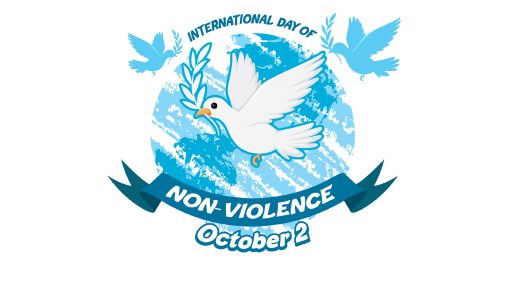Every December 10th marks World Human Rights Day, a time for us to collectively ponder “what it means to be human” and the dignity and freedoms we should all enjoy. This day commemorates December 10, 1948, when the United Nations General Assembly adopted the Universal Declaration of Human Rights (UDHR). Though not legally binding like laws, this landmark document serves as a moral and ethical beacon, setting a standard for all humanity to aspire to. It outlines the basic rights and freedoms that everyone is inherently entitled to, no matter where they are.

The UDHR was born out of deep reflection by the international community after World War II. Recognizing that neglecting human rights led to conflict and atrocities, it solemnly declares that all humans are born free and equal in dignity and rights. The declaration lists thirty fundamental rights covering various aspects of life: from life itself to personal security; freedom from torture or slavery; freedom of speech or assembly; fair trials; education; work; privacy; non-discrimination—and more. These aren’t gifts from any nation or authority but are inherent parts of being human.
World Human Rights Day serves as an essential reminder: despite decades since its adoption, persistent human rights issues remain globally. Injustice, discrimination, oppression, poverty—these rob many people of their basic rights while violence threatens lives worldwide.
Thus World Human Rights Day isn’t just about remembering history but looking forward with action. Achieving UDHR’s vision requires collective effort: governments must enact laws protecting citizens’ rights; international bodies need vigilance in promoting progress—and each individual must understand & respect these principles while speaking out against violations.

December 10th is about commitment & solidarity—it starts with how we treat those around us: respecting dignity & voices without discrimination. World Human Rights Day reminds us that achieving “freedom equality dignity” requires collective effort ensuring these aren’t mere words but lived realities globally.


